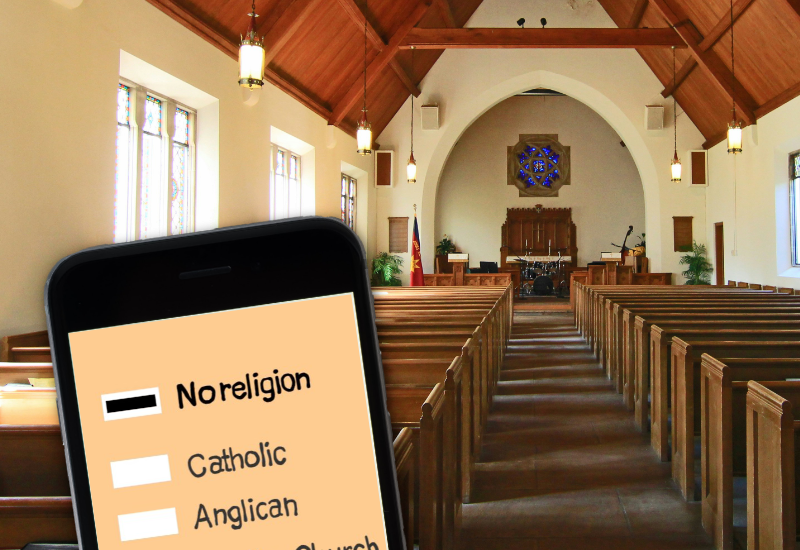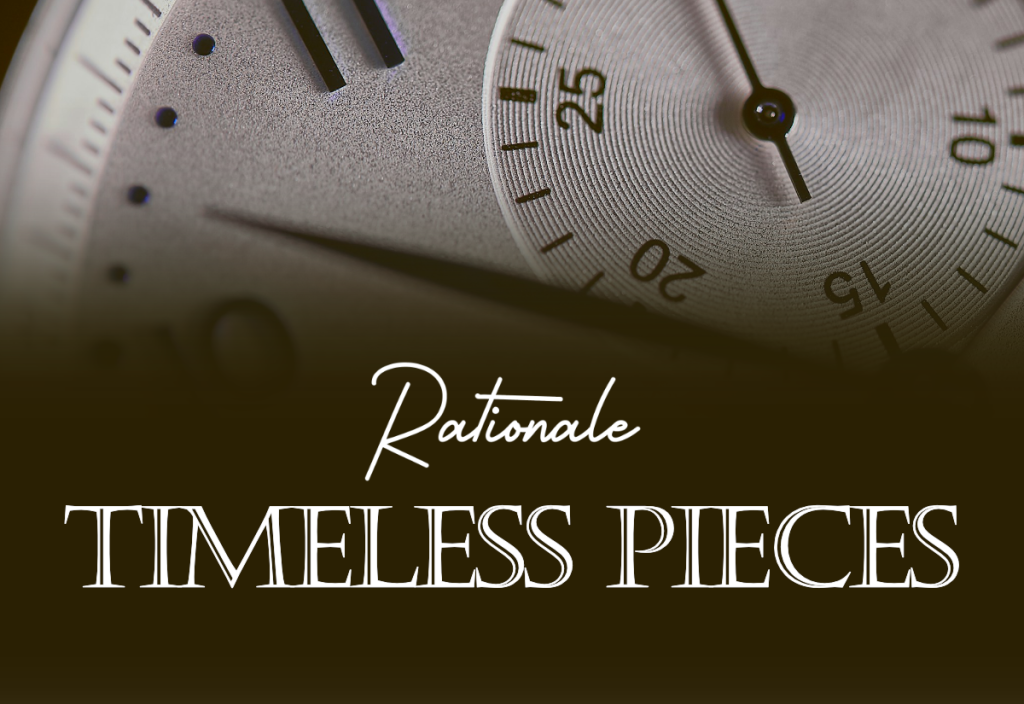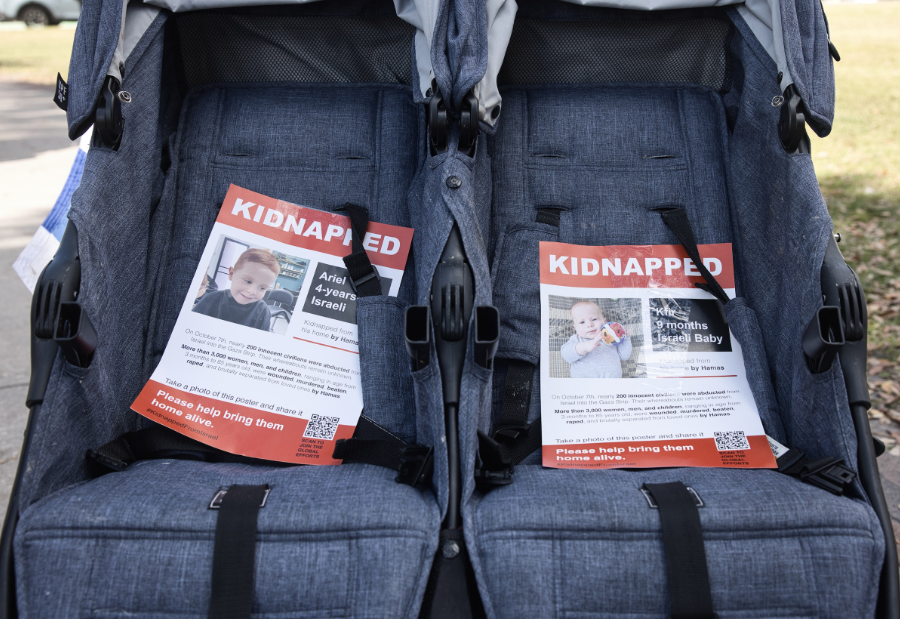I have been re-reading the unbearably heart-rending letters sent from my parents in Germany and Austria to their more fortunate family members in Australia in the years leading to the implementation of the Nazis’ Final Solution.
The events they describe should be well-known to anyone with even a modicum of knowledge of recent history – and I fervently hope this is true of the current generation of young people.
Indeed the Holocaust is so often recounted in novels and film I worry that, paradoxically, many are numbed to its horrors.
Yet, reading the letters brings to life events that I cannot imagine ordinary people, like my parents or, indeed, me living through. These were educated and sheltered middle-class families on a catastrophic journey from a comfortable respectable life, to being expelled from universities, losing their rights, their livelihoods, their accommodation and, finally, being transported to concentration camps and mass extermination.
This Holocaust inheritance, therefore, cannot but make me, and most Jews, alarmed and dismayed at what we see occurring around us in community responses to the dreadful events in the Middle East.
But, in another way, I am actually heartened. Disturbing as the tensions we see are, I take some comfort in what I believe is a vital and often overlooked difference between the antisemitism of the 1930s and other comparable times and places, and the passions given expression in the present. And I do not see Australia at risk of that horror.
It seems clear that comparisons with Germany in the 1930s are misleading, unhistoric, and unhelpful. So too are comparisons with other times when antisemitism has been a key platform of political parties and, indeed, governments, or has been promoted, encouraged, sanctioned or ignored at almost every level of society.
It seems clear that comparisons with Germany in the 1930s are misleading, unhistoric, and unhelpful.
That deranged and poisonous era is, thankfully, quite different from the present. Almost without exception, our political and civic leaders, churches, the media, and our cultural institutions, expressly repudiate antisemitism – even if some do so less forcefully than they might.
Their calls are for the cooling of the temperature and the preservation of cohesion. Extremists are seen for what they are, violence is very rare, and antisemitic policies or programs are on no agendas.
Arguably, too, the antisemitism which concerns us is less clear cut and sinister than in the past, conflated as it frequently now is with legitimate – if often unbalanced and ill-informed – debate about the rights and wrongs of the Gaza conflagration.
This is not to deny that there is an enduring historic bedrock of conscious and subconscious hostility to Jews, often expressed as a low-grade social prejudice. Not infrequently, it is, in other times, expressed as a fierce and truly frightening full-blown antisemitism.
Gaza, and the sewer that is social media, have now ignited this in some quarters in its most excitable manifestation since the Holocaust. However, while those who forget the past are condemned to relive it, those who remember it may be misled by it.
While it has troubling aspects, in the way all such moments of mass excitement usually do, the current outburst of emotion should not blind us to the difference between the past and now. Nor should it inflame an already volatile environment.
Antisemitism is, at the moment, a discredited idea. Therein lies some comfort to be found in the difficult times we are going through.
Published 6 May 2024.
If you wish to republish this original article, please attribute to Rationale. Click here to find out more about republishing under Creative Commons.
Photo by Janne Leimola on Unsplash.














